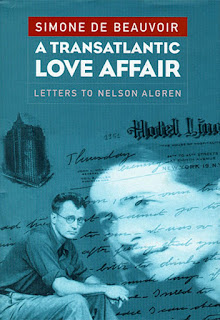Anarchic Transports: A Review of Harold Bloom's The Daemon Knows: Literary Greatness and the American Sublime
By Robert Savino Oventile The ancient critic scholars know as Longinus pioneered thought about the literary sublime. When a work of literature sparks in the reader a moment of exaltation, of stepping beyond, of ecstasy, the work evidences sublimity. Longinus proposed Homer's Iliad as the touchstone of sublimity. In his treatise On the Sublime , to exemplify how Homer brings forth the daemonic in the Iliad , Longinus alludes to fiery-eyed Athena's plunging chariot ride out from the realm of the immortals and down among the Greeks besieging Troy. Above, atop Olympus or in the skies, is the realm of the immortals: Zeus, Apollo, Athena, and so on. Below, on earth, the mortals live out their fleeting days. The region between belongs to the daemonic. In rare and glorious visitations, Athena comes down to inspire, to daemonize, a mortal. In the Iliad Athena comes down to inspire Achilles, finally transporting the warrior from the stasis of his melancholy brooding in the Greek camp...







